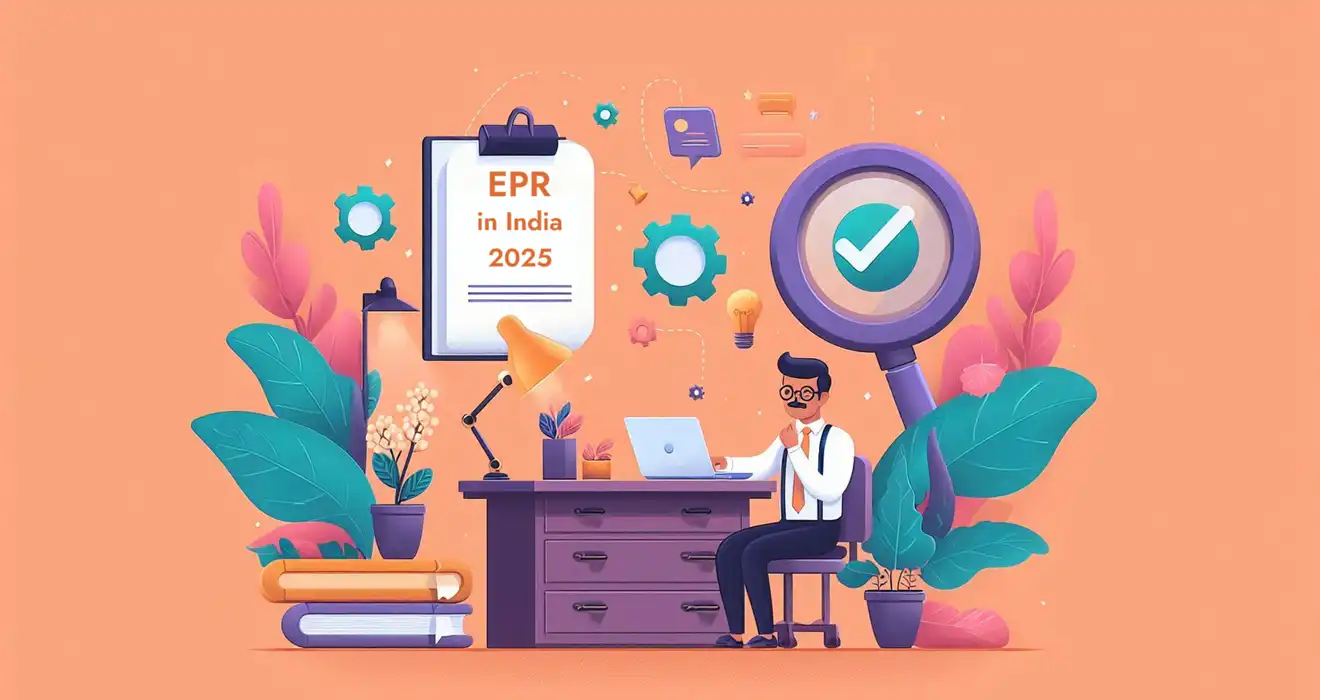As sustainability regulations evolve, Extended Producer Responsibility (EPR) is rapidly being reshaped to address new types of waste, improve enforcement, and digitize compliance. Whether you’re a manufacturer, importer, or brand owner, staying updated is essential to avoid penalties and ensure smooth operations.
This post highlights the latest EPR policy changes in India for 2025 and what they mean for your business.
1. Unified EPR Portal 2.0 Launched
The Central Pollution Control Board (CPCB) launched an upgraded portal to simplify:
-
Multi-category registration
-
Unified reporting and tracking
-
Integration with recyclers and PROs
2. Stricter Reporting Requirements
-
Monthly reports may now be required for high-volume producers
-
Real-time EPR certificate verification is now enabled
-
Fines for false documentation have been increased
3. New Waste Categories Under EPR
The EPR framework is expanding to include:
-
Textile waste
-
Solar panels and EV batteries
-
Used chemicals and hazardous packaging
Businesses in these sectors must begin preparing for EPR registration.
4. Focus on End-to-End Traceability
QR-based tracking and geotagged collection data are becoming mandatory for select categories to ensure transparency in the recycling chain.
5. Digital Verification of Recyclers
All CPCB-authorized recyclers must now register on the central portal and submit monthly updates. Businesses must only work with verified recyclers.
How TEN R Sustainability Helps You Stay Ahead
We help you decode every update, file on time, and avoid penalties.
✅ Real-time compliance tracking
✅ Liaison with CPCB and SPCBs
✅ Timely report submission and certificate management
📍 TEN R SUSTAINABILITY LLP, ALT F 101, 2ND FLOOR, MR-01, NH-19, CRRI, OKHLA, NEW DELHI – 110044
📧 info@10rsustainability.com
🌐 www.10rsustainability.com





